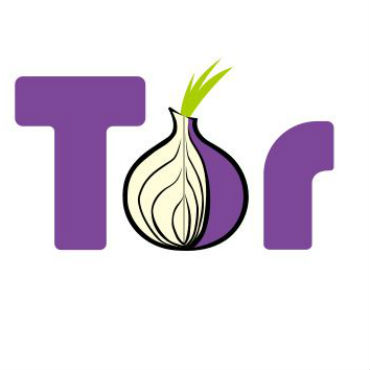CMU denies working for the FBI in targeting Tor users

Carnegie Mellon University's Software Engineering Institute released a statement vaguely denying Tor's claim that the FBI paid the institute $1 million to de-anonymize users.

Carnegie Mellon University's Software Engineering Institute released a statement on Nov. 18 vaguely denying Tor's claim that the FBI paid the institute $1 million to de-anonymize Tor users.
The statement took issue with "a number of inaccurate media reports in recent days" about the institute's work on cybersecurity.
"In the course of its work, the university from time to time is served with subpoenas requesting information about research it has performed," the statement reads. "The university abides by the rule of law, complies with lawfully issued subpoenas and receives no funding for its compliance."
SEI is a federally funded research and development center. Tor is free software that enables users to communicate anonymously online.
Matthew Green, who teaches cryptography at Johns Hopkins University, and other computer scientists have criticized SEI's alleged work on the FBI operation as crossing the line of generally accepted collaboration between academia and government on computer security research.
An FBI spokesperson has denied Tor's accusation by saying the "allegation that we paid Carnegie Mellon $1 million to hack into Tor is inaccurate."


